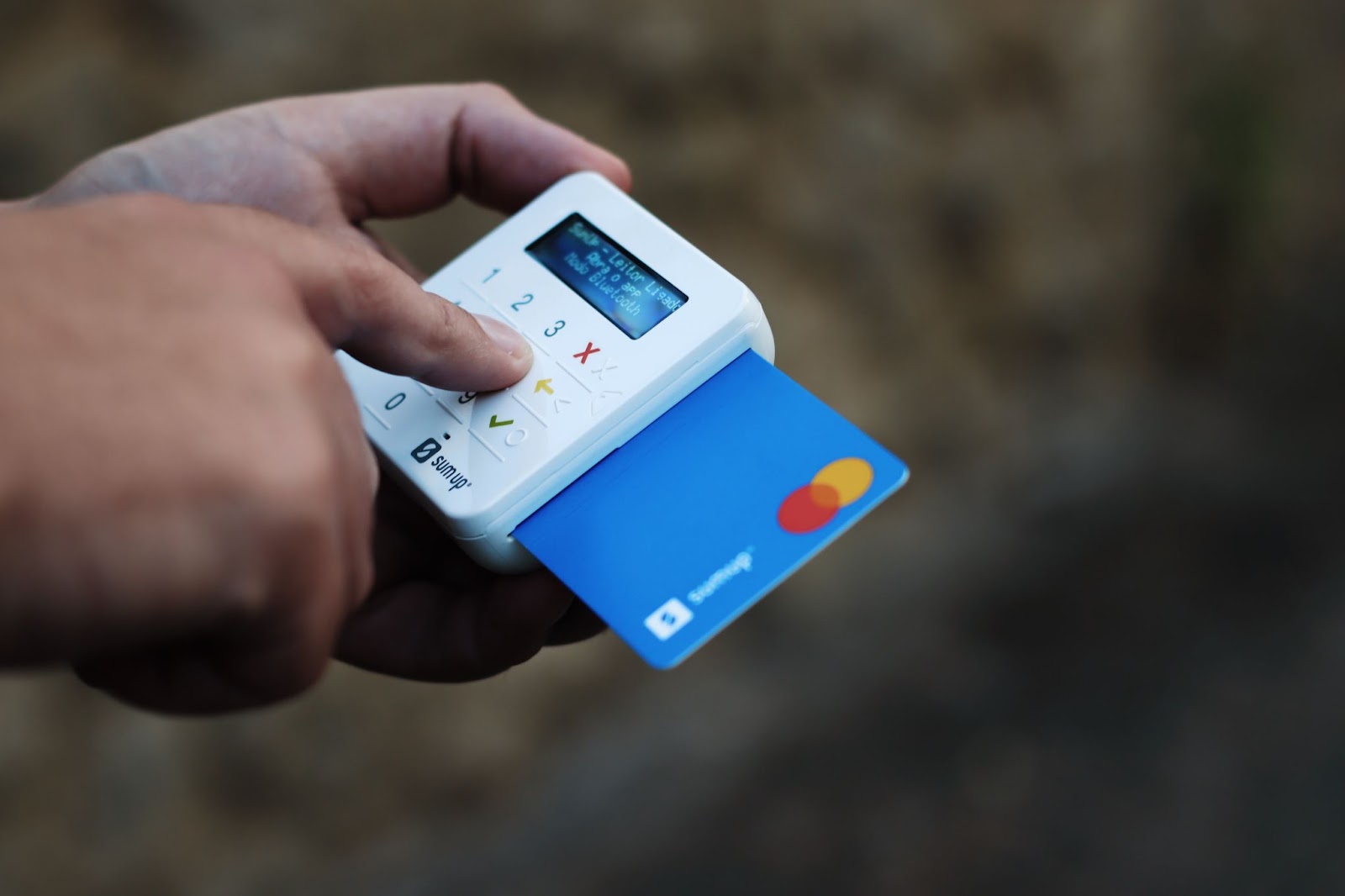
What credit score should you have to buy a car?
Whether you’re buying your first car or need to replace the car you have now, you’ll probably need to get a car loan. Listen, cars are expensive and most car buyers in the US need a loan! Nothing to be ashamed of here. In fact, Rising Tides can help you improve your credit score so that you get better loan terms.
Keep reading to learn more about what credit scores even are, what score you need to buy a car, how your credit score affects your monthly payments, and how Rising Tides Credit Repair can support you in getting the car of your dreams.
What is a Credit Score?
Credit scores are definitely a topic they should teach us in school. A credit score is used to predict how unlikely you are to pay a loan back on time. Imagine a distant cousin asks you to borrow some money; what do you want to know about them? How often do they pay folks back OR all the times they didn’t and why? You’d likely focus on the negative to see if they’d do the same to you.
Credit scores work the same way by focusing mostly on what you do wrong, instead of right. A drag, we know. Do stuff right from the beginning! We’re here to break down what’s really going on here so you can come out on top.
Companies like FICO (the best known scoring company where scores range from 300 to 850) and VantageScore (a newer competitor to FICO, scores also range from 300 to 850) use formulas—called credit scoring models—to calculate your credit score from the information that’s in your credit report.
Your credit report has information about your credit history like your loan payment history and the status of your credit accounts. It includes your personal information (name, addresses, birth date, phone numbers), credit accounts (past and present credit accounts, types of accounts, credit limit, payment history, name of the creditor), and information that’s available in public records (liens, foreclosures, bankruptcies, civil suits and judgements).
But back to your credit score. Here’s what affects your score:
It’s a lot. We know. It’s important to know that you have multiple credit reports because each credit company uses a different scoring model. So, your credit score can literally vary day-to-day.
Credit Score for Car Loan
Now that we know what a credit report and credit score is, let’s talk about what credit score you need to get a car loan.
When the car dealership or bank reviews your loan application they’re using your income and credit score to decide whether or not they’ll loan you money, how much they’ll loan you, and what your payment terms will be (length of time to pay it back, interest rate, etc.). To do this, they’ll check your credit and then put you into a category based on your score.
The credit score ranges are:
Usually lenders are looking for someone at the high end of non-prime and up. So a score of 657-661 is typically the minimum credit score you’ll need to get a favorable car loan.
Favorable is important here because you can get a car loan with a lower credit score. The terms just probably won’t be that great.
Car dealerships want to sell cars. They literally need you to buy cars so they’re often willing to give you a loan even with scores that are subprime or mid deep subprime (in the 450s).
The catch? You’ll have to pay a higher interest rate on the loan which means that unless you’re able to pay it off quickly, you’ll end up paying more in interest than someone with a prime or super prime credit score.
Doesn’t seem fair right? We agree.
To recap, the minimum credit score for a car loan approval is around 450. You’ll get better loan terms though if your credit score is anywhere between 651 to 850.
Average Car Payment
So, you got approved for your car loan. Congratulations! What’s that car payment looking like? Hopefully it’s not costing you thousands of dollars a month.
You guessed it, your credit score impacts your car payment as well.
Let’s break down how. Person 1 has a 600 credit score. Person 2 has a 725 credit score.
They’re both buying a Toyota Corolla for $25,000 and will pay their loan back over 72 months.
Person 1 is able to get an interest rate of 11.33% while Person 2 gets an interest rate of 4.21%.
Person 1 pays $34,566 total for their Corolla whereas Person 2 pays $28,333 total. So Person 1 pays $6000 more for the same car because their credit score is lower than Person 2’s.
To break that down even further, Person 1 pays $480 a month for their Corolla and Person 2 pays $393 a month. That’s an $87 dollar a month difference! Enough for multiple trips to Starbucks, a dinner out with friends, or tickets to see your favorite artist in concert.
No one wants to be person #1, so let's dive into how to build your credit.
How to Build Your Credit to Get a Good Car Loan
We’ve covered a lot of ground here. If you’re reading this and feeling like your credit score is way too low to get good terms on an auto loan, don’t freak out. Here are some things you can do to increase your chances of getting approved.
Get a Co-Signer
Know someone with a really great credit score? See if they would be willing to co-sign your car loan. A cosigner will share responsibility with you for the loan, which reduces the lender’s risk.
Having a cosigner typically makes you more likely to be approved for a loan and gets you a lower interest rate than if you applied on your own. But! Make sure you can pay the loan back. Don’t stick your cosigner with the bill and potentially ruining not only their credit, but your relationship with them.
Avoid Applying for Other Credit/Loans
If you know you’re planning to buy a car soon and will need financing, don’t apply for any other credit cards or loans for at least six months before you plan to buy your car. Each time you apply for financing, it’s logged in your credit report and will most likely ding your score. Too many inquiries is a red flag to lenders that you’re likely living outside your means which means they’re less likely to get their money back.
Keep Old Accounts Open Even If You Don’t Use Them
You really should never close credit card accounts. If you just paid off a credit card, again, congratulations! Cut up the card and throw it away. But, don’t close the account with your credit card company, unless you have a really important reason to do so. Keeping credit accounts open ensures that your credit limit stays high and credit utilization stays low, which helps boost your credit score.
Use Rising Tides to Build Your Credit
We're a company designed to assist you in establishing credit. Wether it be through one of our affiliate companies, or with us directly. We can also remove negative items from your credit report if you happen to have fudged your credit up a bit. Press the get started button to get in touch with us. In the meantime, goodluck with your new car loan! Credit Wizard, OUT!

Start Building Credit With Rising Tides
Your credit score may not seem all that important until you need it. From apartment applications to your car loans, this three-digit number is the key to your major life milestones.
-
✅ Build credit
-
✅ Remove negative items
-
✅ Change your life







-p-2000.png)
